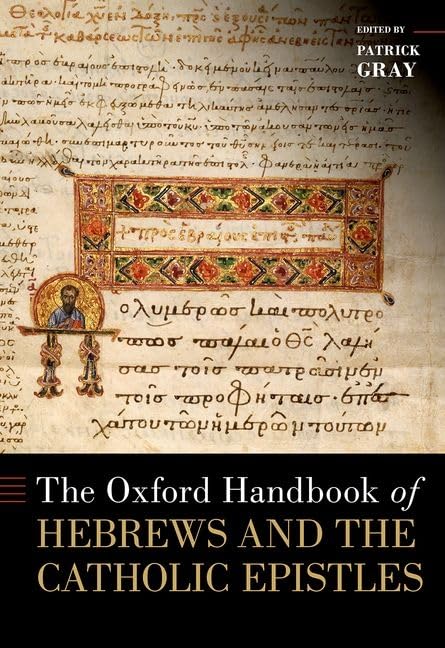Anonymity, Orthonymity and Pseudonymity in Hebrews and the Catholic Epistles, in: Oxford Handbook of Hebrews and the Catholic Epistles, Hg. Patrick Gray, Oxford: University Press, 2024, 51-72:
„This essay considers the dynamics of authorial attribution in early Christian letter writing, including anonymity, orthonymity, and pseudonymity, in the Catholic Letters. The authorial attributions in the Catholic Letters must be interpreted within a broader context. The corpus of the Apostolic Fathers also contains both named and anonymous letters. While the meaning of orthonymity is rather obvious and the meaning of pseudonymity has been investigated in depth, literary anonymity can be explained more precisely than in previous research. First, the anonymity of early Christian letters had a practical precondition. As Galen of Pergamon’s comments on his anonymous texts demonstrate, texts that were designed for students and friends did not need inscriptions with the author’s name since the intended readers knew who the author was. Likewise, personal relationships with their readers allowed the writers of Hebrews and the so-called Johannine Letters to write their texts anonymously. Second, the anonymity of early Christian letters had a programmatic purpose. This can be deduced from the concept of literary anonymity in ancient narratives, where it was much more common. The anonymous authors of the Catholic Epistles and Hebrews wanted to express that they were not the creators of their messages but only witnesses of what they had seen and heard and transmitters of the teaching of Jesus and his apostles.“ (Abstract)

